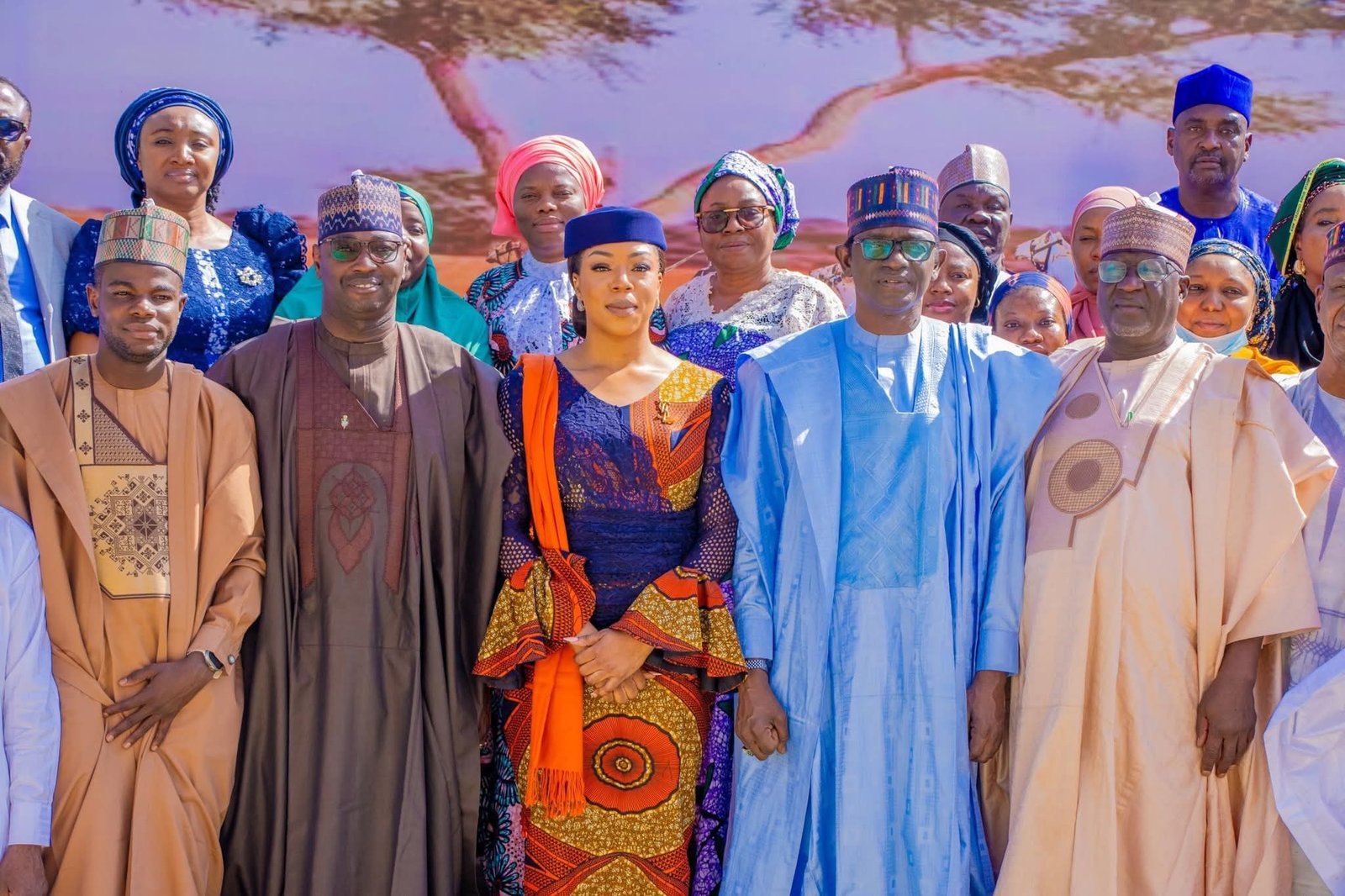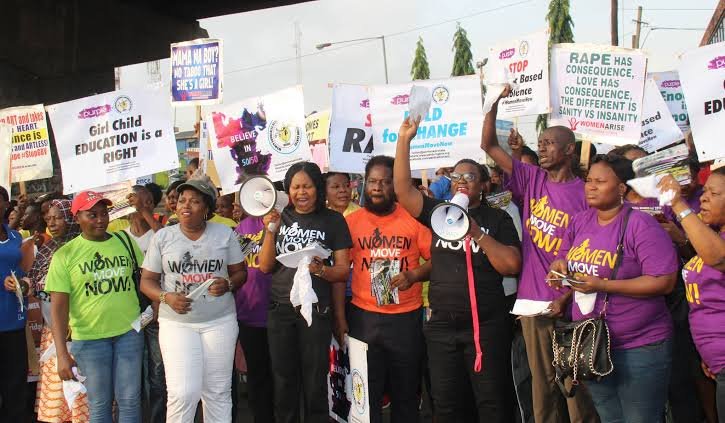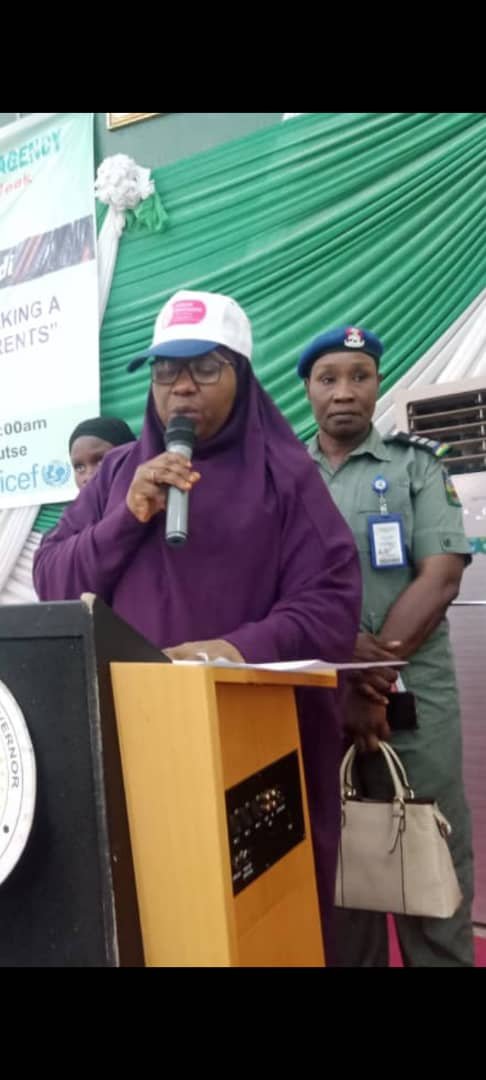Buni Inaugurates Yobe State Council On Nutrition
By Muhammad Maitela, Damaturu

Yobe State Governor Mai Mala Buni has inaugurated the State Council on Nutrition to coordinate all nutrition programmes in the state.
The governor said this was necessary to match in step with the national nutrition drive of the Federal government.
Buni who received Mrs. Uju Rochas-Anwukah, the Senior Special Assistant to the President of Public Health, commended President Bola Tinubu and Vice President Kashim Shettima for their leadership through the Nutrition 774 Initiative anchored by the SSA’s office.
“The Nutrition 774 Initiative reflects a bold and transformative vision,” Governor Buni stated, adding that the state is fully aligned with its objectives as a driving force for improving public health and achieving sustainable growth.
He said as the central coordinating body for all nutrition programmes, the state nutrition council “will provide strategic leadership, oversight, and advocacy to ensure that the goals of the Nutrition 774 Initiative are effectively achieved.”
The governor said that the administration has launched a massive agricultural empowerment programme to boost food security and nutrition.
“This encouraged mass involvement of our people in agricultural production, paving the way for a smooth collaboration and integration into the Nutrition 774 programme.”
“Furthermore, the state has integrated nutrition-sensitive interventions into its health, education, and social protection programmes, as well as the skill acquisition programmes of the Ministry of Women Affairs,” he added.
Buni also gave details of the state’s existing partnerships with development agencies, including UNICEF, UNFPA, the World Food Programme, World Bank, and UNDP, which have helped expand community-based nutrition services and strengthen health systems.
He emphasized that the fight against malnutrition requires a holistic approach.
“It should not be a government effort alone. It requires a holistic approach involving our traditional and religious leaders, civil society organizations, the private sector, and local communities,” the governor said.





